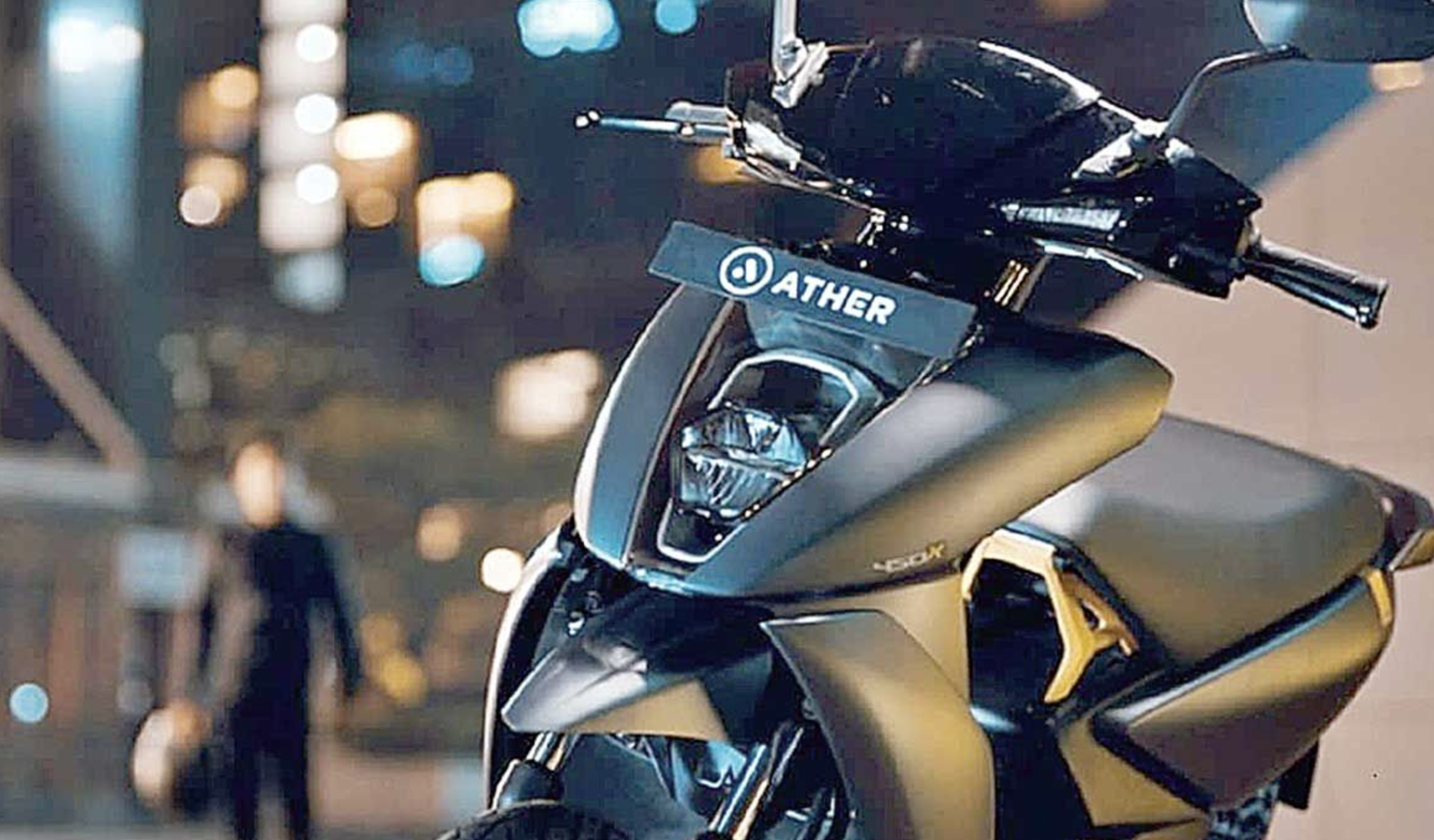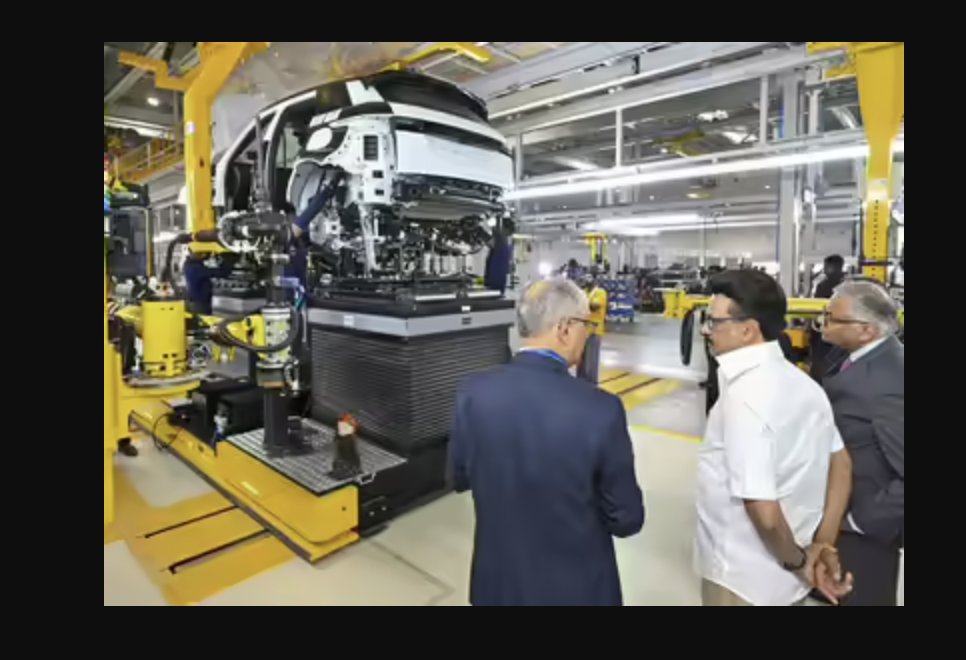The Apex Court of India, Supreme Court, has directed the automobile manufacturer Mercedes Benz India Private Ltd to refund Rs 36 lakh to a buyer for selling a defective vehicle, while emphasizing the fact that when one buys high-end luxurious cars, the last thing they want to suffer is discomfort.

Mercedes to Refund Rs 36 Lakh for Defective Vehicle
The decision was made by a bench of Justices Bela M Trivedi and Pankaj Mithal, which partially allowed Mercedes’ appeal against the National Consumer Disputes Redressal Commission’s order.
M/s Daimler Chrysler India Pvt Ltd, now Mercedes Benz India Pvt Ltd, filed the appeal against a 2007 order after M/s Controls and Switchgear Company Ltd complained about excessive heating on the left side of the center hump in a car purchased in 2003.
Under the Consumer Protection Act, it was noted that the court found overheating issues to a defect when it comes to the law especially for the luxury car buyers who trust the company’s representations of quality and safety.
It was later stated by the bench that buyers should not face discomfort, especially when they rely on the manufacturer’s claims.
Acknowledging the buyer’s inconvenience and ongoing litigation efforts, the Supreme court affirmed that the fault in car was significant.
17 Years of Discomfort
It was highlighted by the bench that the complainant used the defective car for 17 years and rejected Mercedes’ offer to repurchase the car at market or book value in 2006.
It was later contended by Mercedes, that the car was purchased by a company for its directors, was for commercial purposes and not for personal use, thus falling outside the Consumer Protection Act’s scope.
It was however clarified by the bench that whether the purchase is made for commercial purpose or not depends on case to case. Generally, “commercial purpose” includes activities directly linked to profit generation, not personal use.
In similar case, Rs. 5 lakh compensation was directed by the court to be paid by Mercedes to the buyer on the grounds of unfair trade practices due to incomplete disclosure about the car’s airbag functioning.













